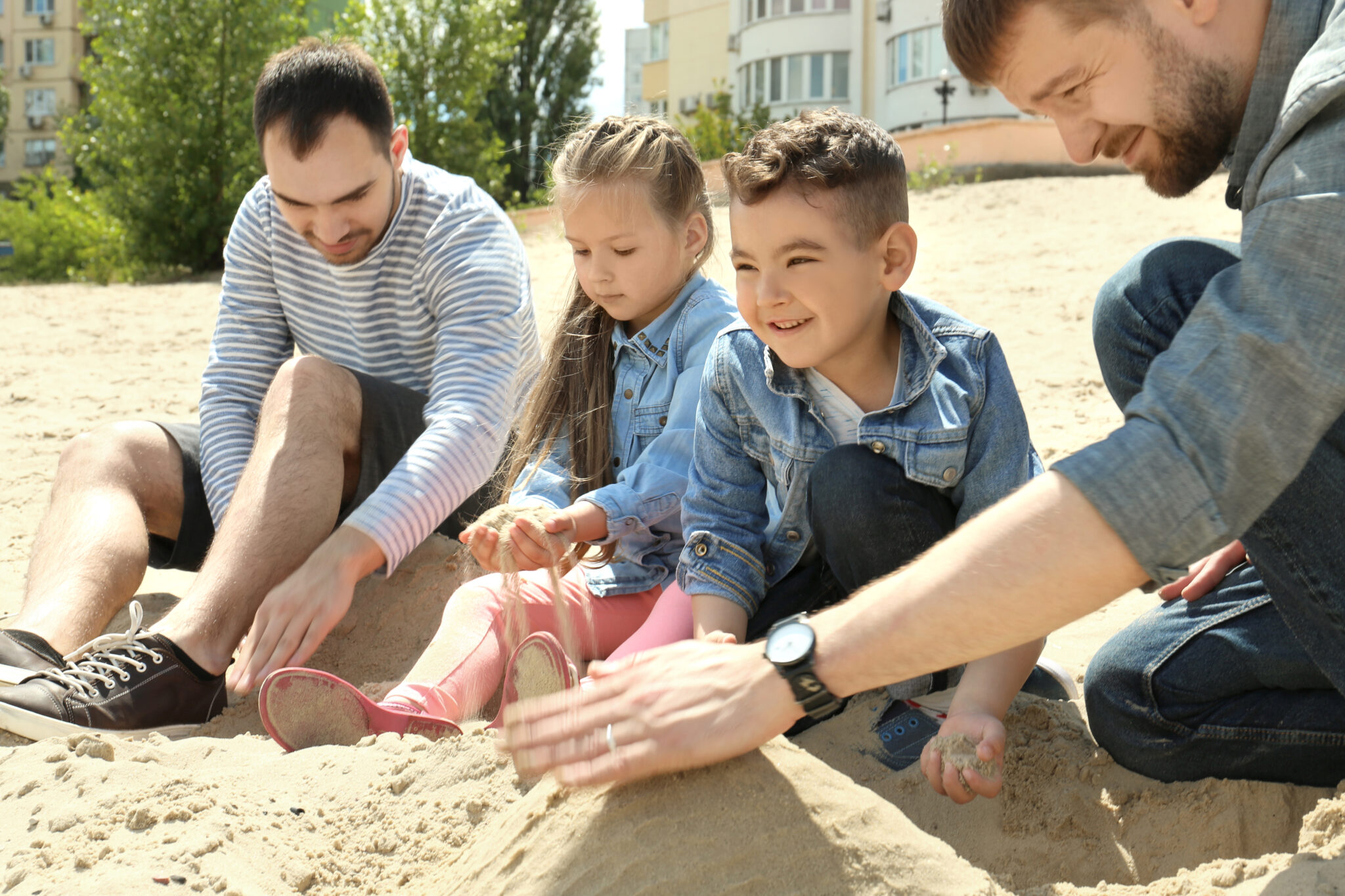The Power of Prevention: Disrupting the drivers of violence against women
Published: May 31, 2025
Blog
Australian news headlines all too often include the words violence against women, gender-based violence, family violence, domestic violence, intimate partner violence or sexual violence.
May is Domestic and Family Violence Prevention Month in Australia 1. A time to speak out against violence and abuse; to promote prevention; provide access to support services; and to empower people, organisations and communities to do their bit to end violence against women.
In our own backyard
We were deeply saddened to learn of the murder of Carlee Smith in Hamilton 2. A man known to her was charged over her death. There is an urgent need to stop this violence. That urgency is amplified when we see the dire consequences of violence play out so close to home.
For those directly impacted, violence against women is a deep personal tragedy with broad and lasting impacts 3. It has also been widely acknowledged as a national crisis, critical health issue and epidemic affecting communities across Australia 4,5.
We’re taking a stand
The end of May also marks the one-year anniversary of Respect 2040, a Barwon South West partnership of organisations 100% committed to the prevention of violence against women in the region. Respect 2040 has grown significantly over the past 12 months with almost 40 partner and supporter organisations now committed - and that number is growing.
The organisations in this partnership are actively pursuing gender equality and driving primary prevention – a clear sign that our region is seeking a better, more respectful and safer future.
While this work is gaining momentum, many people in our communities still struggle to understand what primary prevention is and where it fits.
Response, early intervention and prevention
Interventions made when violence is actually happening are referred to as ‘response’ or tertiary prevention. Reactive measures, such as law enforcement, response, recovery and support services, are absolutely crucial in responding to violence when it happens.
Interventions made when the risk of violence already exists are called ‘early intervention’ or secondary prevention.
These services are often stretched beyond capacity. They cannot also be expected to address the root causes of this violence. This is where prevention initiatives shine 6.
Primary prevention aims to stop violence before it happens by offering strategies to actively and systemically disrupt the root causes (or drivers) of violence against women.
Stopping violence against women requires both critical response and preventive measures. It is not a question of either/or, rather it’s about doing both response and prevention well to get lasting results.
But what is primary prevention?
Primary prevention is long-term, complex work to address the underlying drivers of violence – the social norms, attitudes, structures and practices that contribute to gender inequality and, in turn, that create an environment where violence is more likely to occur.
By addressing these root causes, prevention initiatives create a culture that promotes respect, equality, and safety for all. A more respectful and equal culture or community is a place where violence is less likely to happen.
Primary prevention may appear difficult to achieve. But it has been successful on a range of Australian public health issues including smoking and road safety. Changing cultural norms can be challenging, and it can take time, but it does work.
It can be achieved through education and learning; by promoting equality and respect; through organisational capacity building and training; and by reviewing policy and process to ensure equality and respect is built into daily practice.
Prevention initiatives dismantle harmful stereotypes and attitudes and challenge outdated thinking. They may involve community engagement, empowering groups, organisations and communities to take ownership and collaborate on solutions.
Primary prevention in the Barwon South West
Respect 2040 partners are leading change. They share knowledge and deliver initiatives in their organisations to make respect and gender equality a normal part of everyday business. They are creating the systemic and cultural change needed to lessen the likelihood of gender-based violence.
By bringing together different sectors and localities, different experiences and ideas, Respect 2040 fosters a cohesive approach to prevention. Working together amplifies our impact. It allows for innovative regional solutions and strategies to emerge and for shared problem solving.
We are fortunate to have a powerful partnership like Respect 2040 in our region, with so many organisations interested in and, most importantly, actively working to prevent violence. It is cause for great hope and optimism!
Respect 2040 partners represent a critical piece of the puzzle in addressing this epidemic of violence. By fostering collective learning and involvement, this partnership is contributing to creating lasting change.
As we celebrate one year of Respect 2040, we take some comfort in knowing that there are many organisations - and many, many people - determined to make a difference.
3 important actions we can all take
Each of us can help create an environment where violence is less likely to occur
- Challenge inequitable actions, systems and policies.
- Call out disrespectful behaviours and beliefs that trivialise or condone violence.
- Talk about those things that we will or won’t accept in our homes, communities and workplaces.
We can all learn more and do more.
And, with yet another life lost to violence in the past week, we simply must.
- https://www.dffh.vic.gov.au/news/family-violence-prevention-month
- https://www.abc.net.au/news/2025-05-18/hamilton-murder-homicide-squad-man-charged/105306350
- https://www.ourwatch.org.au/quick-facts#the-impact-and-cost-of-violence-against-women
- https://www.pmc.gov.au/resources/unlocking-prevention-potential/national-emergency-and-ongoing-national-priority#:~:text=On%2028%20April%202024%2C%20the,being%20killed%20every%20four%20days.&text=On%201%20May%202024%2C%20National,which%20should%20not%20be%20underestimated
- https://www.abc.net.au/news/2025-03-15/violence-against-women-rallies-held-around-australia/105055808
- https://safeandequal.org.au/working-in-family-violence/prevention/#:~:text=before%20it%20occurs,-Home%2FWorking%20in&text=Preventing%20family%20and%20gender%2Dbased,that%20contribute%20to%20gender%20inequality.
